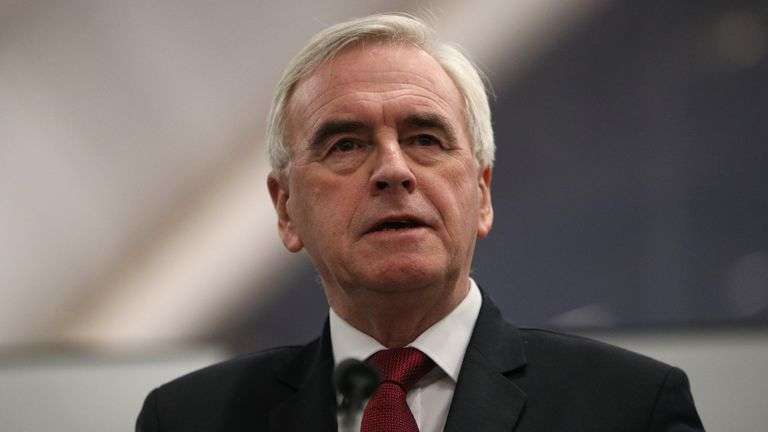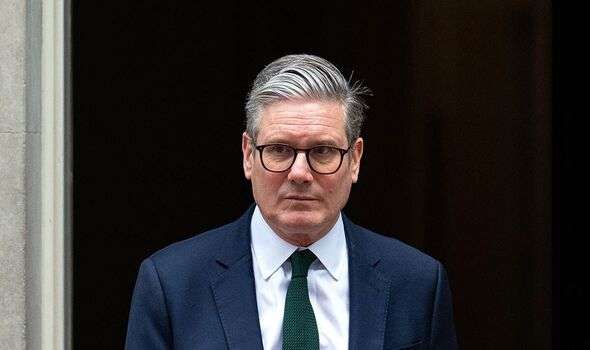As the energy crisis looms, Sir Keir Starmer faces mounting pressure to reverse his decision to scrap winter fuel payments for 10 million pensioners.
This comes after Ofgem, the UK’s energy regulator, announced that household energy bills are set to rise by £150 in October, a move that could have devastating consequences for pensioners on low or modest incomes or those in vulnerable health conditions.
The winter ahead is predicted to be one of the most challenging on record for older citizens who once benefited from the winter fuel payment, which was worth up to £300. Analysis shows that without this support, energy bills will reach unprecedented highs for many.
Charities, campaigners, and politicians from both the Conservative and Labour parties are calling on the Prime Minister to rethink this decision.
Beginning this year, only pensioners who receive pension credit or certain other benefits will be eligible for the winter fuel payment.
This change marks a significant departure from the previous policy, which, since its introduction in 1997, had provided payment to all pensioners regardless of their income level.
Critics Warn Of ‘Cruel Decision’ Impact
Critics argue that making the winter fuel payment means-tested could result in many pensioners, who depend on this crucial support, missing out.
Former shadow chancellor John McDonnell, who recently faced suspension from the Labour Party for rebelling against the two-child benefit cap, voiced his concerns.
“This large rise in energy bills will put more elderly at risk this winter and warrants a reassessment by the government of its Winter Fuel Allowance proposal. Too many older people will be put in jeopardy.”
John McDonnell

Caroline Abrahams, director of Age UK, echoed these concerns. She highlighted that an estimated two million older people will face even greater difficulties in affording their energy bills and staying warm this winter.
Abrahams noted that with the loss of cost-of-living payments received over the last two years, the outlook for many pensioners is bleak. “We simply cannot see how some of them will cope,” she added.
Adding to the chorus of concern, personal finance expert Martin Lewis expressed his reservations stating, “While I agree there’s a very strong argument for getting rid of the universal winter fuel payment, I think the eligibility criteria is far too narrow.”
Simon Francis, coordinator of the End Fuel Poverty Coalition, described the government’s decision as “cruel” and warned that more vulnerable people could suffer from health complications due to cold and damp living conditions.
He cautioned that the estimated £1.5 billion savings from cutting the payments could be offset by the additional strain on the NHS.
Francis’s sentiments were supported by Adam Scorer, chief executive of National Energy Action, who criticized the government for “cutting off support from those who have zero flexibility in their own budget, with no choice other than debt or going cold.”
This policy change is part of a series of cost-cutting measures announced by Labour’s shadow chancellor, Rachel Reeves.
She identified a £22 billion gap in public finances left by the Conservatives, prompting her to make tough decisions. “Let me be clear: this is not a decision I wanted to make,” Reeves stated, emphasizing the necessity of the move to restore economic stability.
However, not everyone is convinced. Mel Stride, a Tory leadership contender, accused Labour of making a political decision at the expense of pensioners while “handing out inflation-busting pay rises to unions.”
As such, Stride urged Labour to reconsider the cuts, warning that many older people rely on this vital support to survive the winter.
READ ALSO: NPP Education Policies Shaped by Extensive Stakeholder Consultation



















